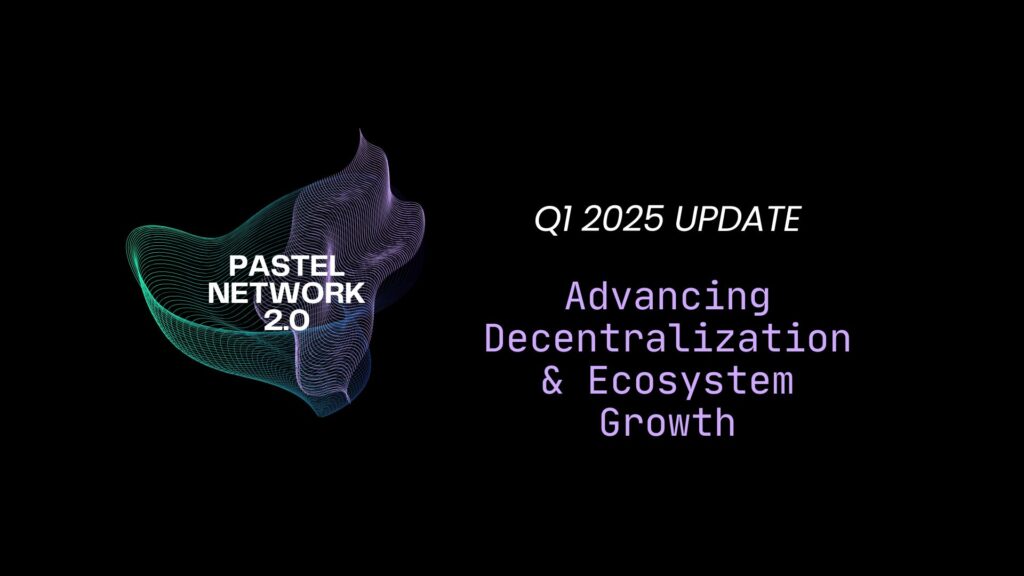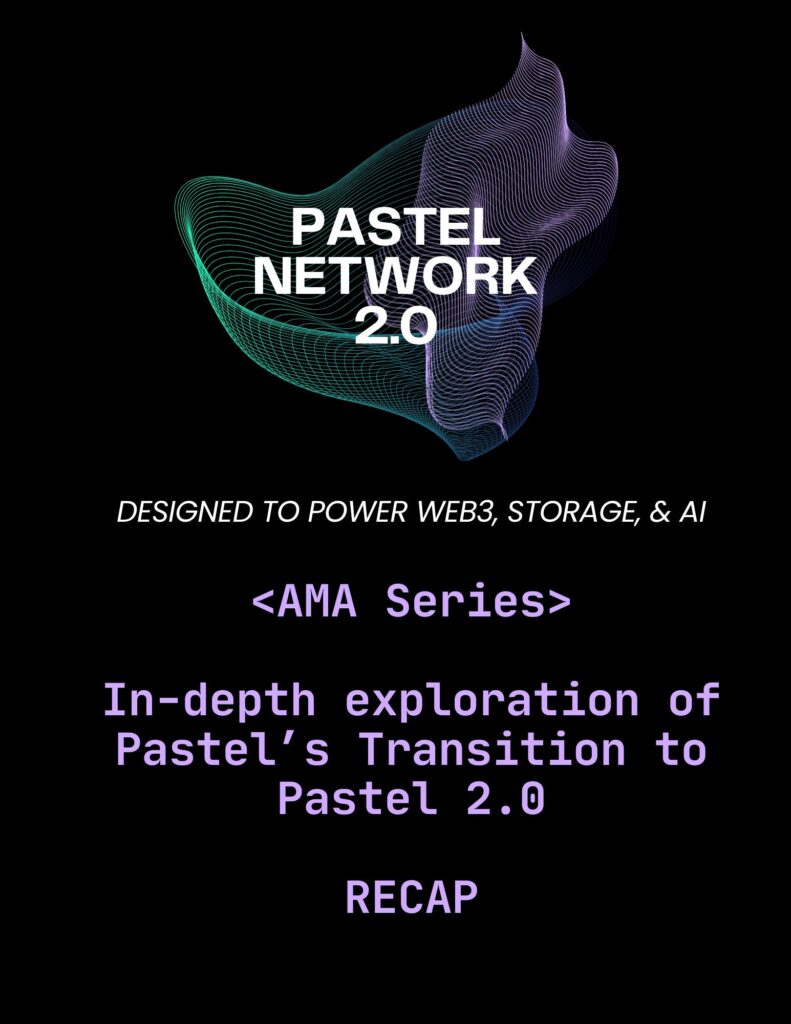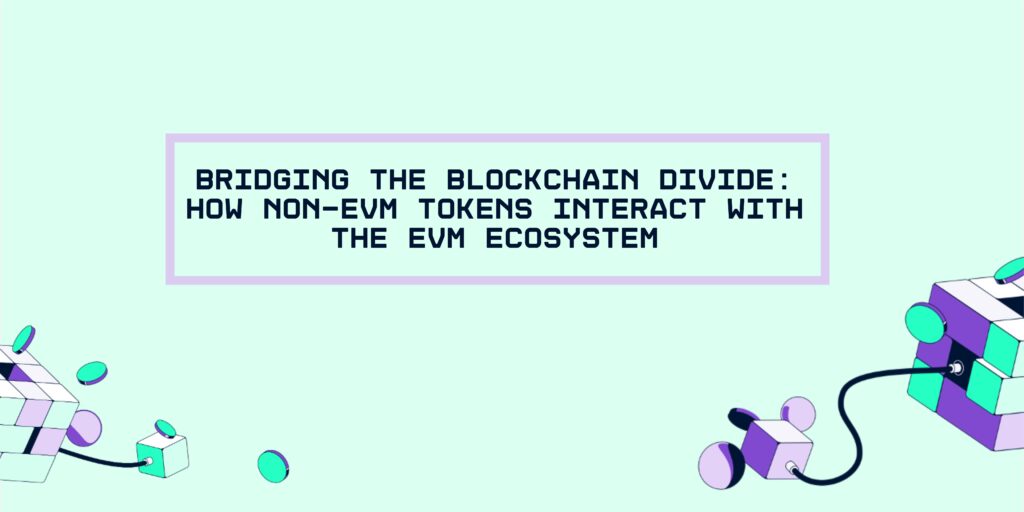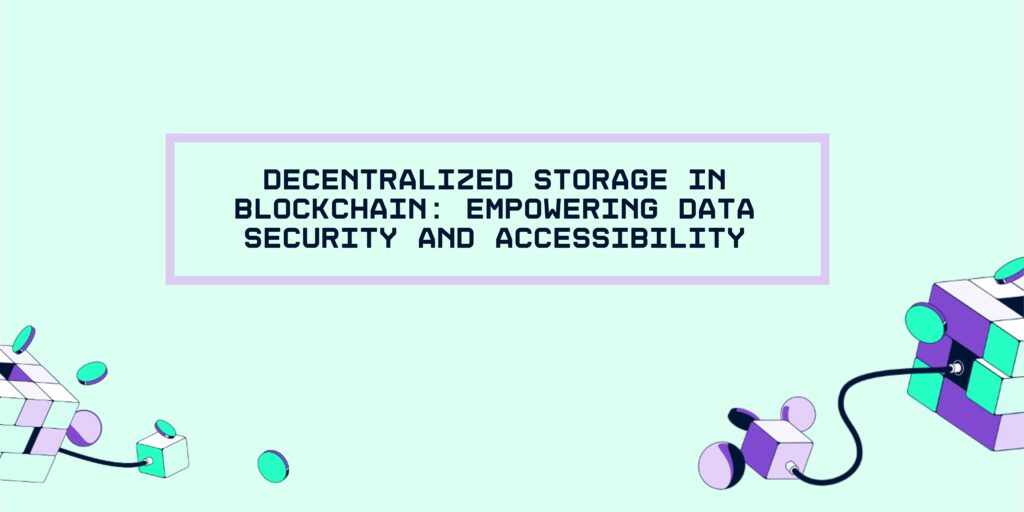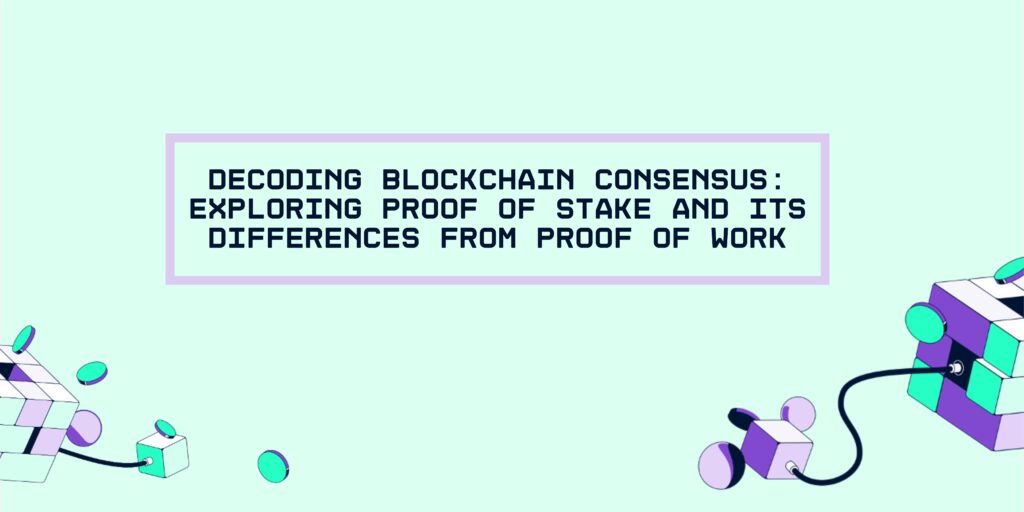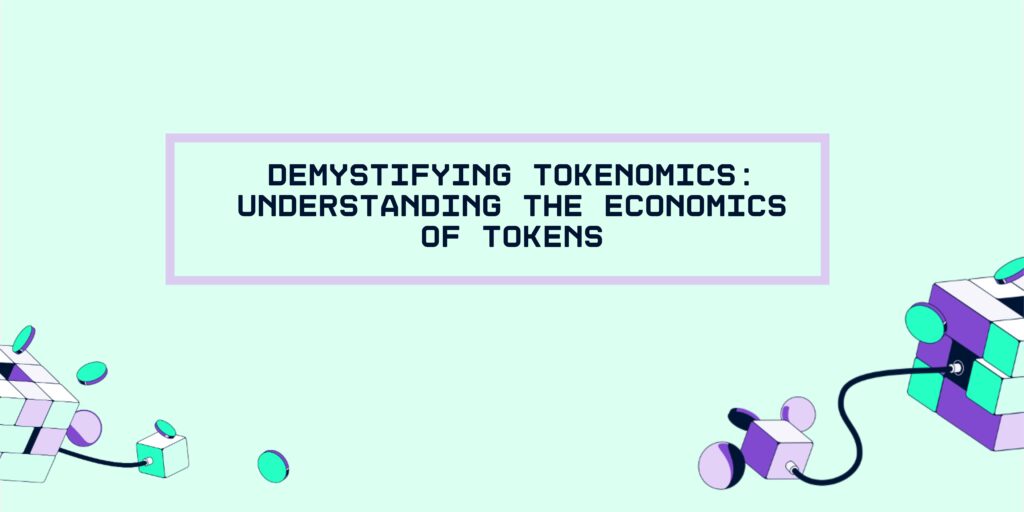Users can stake PSL with KuCoin Earn for with as little as 1,000 PSL and receive similar staking incentives as operating a full Pastel SuperNode.
Please find more information on KuCoin Earn here.
PSL Staking Promotion
We are excited to announce that we have partnered with KuCoin to provide users with the ability to delegate their PSL and earn staking rewards.
The PSL Flexible Promotion program allows KuCoin users to earn up to ~42% APR of staking rewards earned by operating full SuperNodes, starting with a minimum staking amount of 1,000 PSL and a maximum staking amount of 1,000,000 PSL per user. The program has already commenced and will be running for ~360 days. Users can stake and un-stake at any time during the program (subject to a 1 day redemption period).
To participate, please register for a KuCoin account and then navigate to KuCoin Earn where you can find the PSL Staking Product.

Please learn more about the program here or at the link below.
PSL Flexible Promotion: https://www.kucoin.com/news/en-psl-flexible-promotion
How does staking work on Pastel?
True decentralization & security is of the utmost priority to Pastel’s Layer-1 network. While delegated staking at the protocol level has become very popular throughout the community, it comes with a high costs and risks.
In many delegated staking models, users can simply ‘delegate’ their stake to an existing validator and receive network rewards earned by validators (less any commission fees that the validator charges), without needing to worry about setting up and maintaining their own infrastructure. With little incentives in place to operate a full validator, delegation at the protocol level has led to many networks being operated by a concentrated number of validators leading to concerns around centralization and security.
The potential risks are a growing concern to the ecosystem, as we have seen as recently as the Ronin Network hack. Smaller numbers of validators operated by concentrated parties sacrifices decentralization and increases the likelihood for security exploits such as 51% attacks and chain rollbacks. It also opens the door for the formation of cartels where delegates can concentrate the role of validation and governance to a few parties.
We are not alone in this view. Ethereum has long taken a similar stance — to be sure, Ethereum 2.0 will be a pure self-staking network with decentralization and higher levels of security at the top of mind. By choosing to not apply delegated staking to the Pastel Network we are able to better prevent many lethal attacks by increasing the number of independent network operators. This also combats any incentives for users to form cartels and bribe other voters, thus bolstering the network’s robustness, resiliency, and security in the name of decentralization.
Partnering with KuCoin gives us the ability to balance such risks at the protocol level, while simultaneously offering the community an opportunity to gain staking rewards without the arduous costs of running full SuperNodes. Through this partnership, up to 20 SuperNodes (100M PSL in total) operated by the Pastel Foundation will allocate their staking rewards for up to 1 year to the KuCoin earn program.
About Pastel SuperNodes
SuperNodes are powerful validator servers backed by self-staked collateral held in PSL.
SuperNodes host full copies of the blockchain and provide a unique second layer of services to the network, processing advanced functionality such as NFT Registration & Activation, OpenAPI Sense & Cascade Requests, and cross-chain bridge relayers & orchestrators.
This interconnected layer provides an additional level of performance, functionality, and security to the broader Pastel ecosystem. Compute intensive operations can be conducted on high-powered nodes, who collectively verify the output and monitor the state of other SuperNodes on the network prior to data or information being submitted on-chain.
SuperNode operators must self-stake collateral denominated in PSL, and in return their operators receive regular payment for the services they provide to the network. As highly committed custodians and validators of the Network, SuperNode operators are also given the opportunity to vote on key ecosystem development and growth initiatives playing a fundamental governance role.
Additionally, you have the opportunity to participate in Pastel’s SuperNode Founder Program. The Founder Program is intended to incentivize early SuperNode operators with additional rewards for participating in the network, providing enhanced performance, ensure network security, and encourage long-term decentralization. The first 250 SuperNodes activated on the Pastel Network will become members of the Founder Program, tracked by their unique PastelID and Address. In addition to receiving Block and Transactional Rewards, Founder SuperNode operators will also become eligible for random PSL or NFT airdrops.
Learn more about running a SuperNode here.
SuperNode Overview: https://pastelnetwork.wpengine.com/supernodes/
Pastel SuperNode Founder Program: https://medium.com/pastelnetwork/pastel-supernode-founder-program-9f3f814c5e2
About Pastel Network
Pastel Network is a fully decentralized, developer-friendly layer-1 blockchain serving as the preeminent protocol standard for non-fungible tokens (“NFTsâ€) and Web3 technology.
Pastel allows for the development of third-party decentralized-applications (“DAppsâ€) to sit on top of its Network, enabling developers to enjoy the scalable registration features, storage processes, and security of the broader ecosystem. Lightweight protocols such as Sense — which was built to assess the relative rareness of a given NFT against near-duplicate metadata — and Cascade — which conducts permanent, distributed storage of underlying NFT data — can be integrated cross-chain across various layer-1 blockchains, layer-2 protocols, or other third-party apps.
Pastel is managed by world-class developers, cryptographers, and technologists, supported alongside an experienced and extensive network of marketers, influencers, and third-party agencies. Pastel is backed by key stakeholders including Innovating Capital, a prominent venture fund.
This article was first published by our team here.
